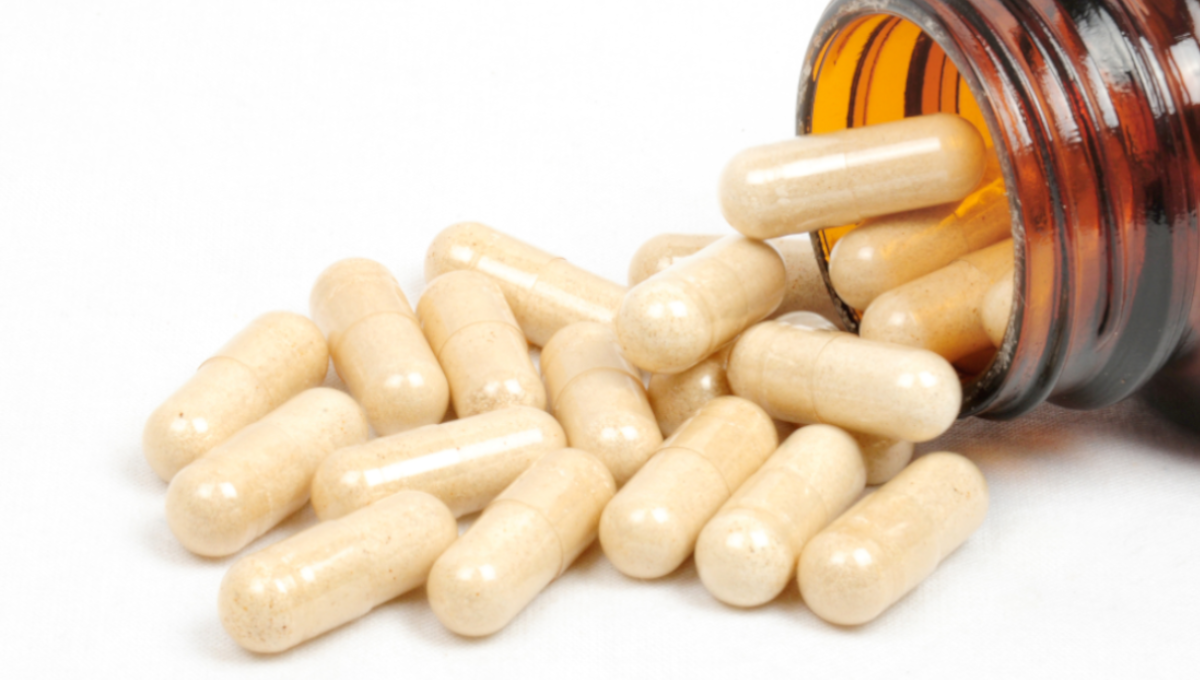Experts from European food safety agencies have produced a report on substances that should not be used or need conditions for dietary supplements. The Heads of Food Safety Agencies (HoA) is made up of the leaders of food safety authorities in EU countries. The group meets once every six months in the country with the EU Council presidency.
The dietary supplement working group of HoA has been meeting since 2020 to identify substances in food supplements that may lead to adverse health effects. The current situation across the EU includes national policies and guidelines, which leads to a non-harmonized approach. The group, which includes 26 European countries, identified 117 substances that may pose a health risk due to potentially hazardous properties.

They then assessed which substances should either not be used or only used to a limited extent in dietary supplements. The working group said the final list can be used as a basis for EU legislators to take further steps. Thirteen substances should be prioritized as they pose a possible health risk to consumers.
Some showed potential carcinogenic, mutagenic, or reprotoxic properties. Making supplements safer According to the working group, the European Commission should now support the European Food Safety Authority (EFSA) to evaluate the substances. If EFSA backs the working group’s findings , legislative action can be taken by the EU Commission.
For the remaining substances, the report recommends further regulatory measure.























